Ten years ago, I was sitting with a cup of coffee, catching up on the news. Barack Obama was in his second year. Manmohan Singh was in his second term. An article on food and farming caught my eye… another food crisis was on the way. Another? But we’ve just had a food crisis, I thought to myself. Food shortages saw riots in 30 countries of the world, with the price of wheat rising 100% and the rice market in Asia ‘on fire’, as one expert put it.
I was curious. After the food crisis of 2007/08 there had been numerous high-level meetings. It had been top of the agenda of the G7, the G20 and all the other Gs around the world. It had also been the subject of studies by the World Bank, by the FAO, and by IFPRI. There had been a remarkable show of solidarity when a dozen international organisations came together and produced a joint report. The great and the good had set up yet another institution – the Agricultural Market Information System, or AMIS. That was some sort of initiative that was supposed to fix the problem, wasn’t it?
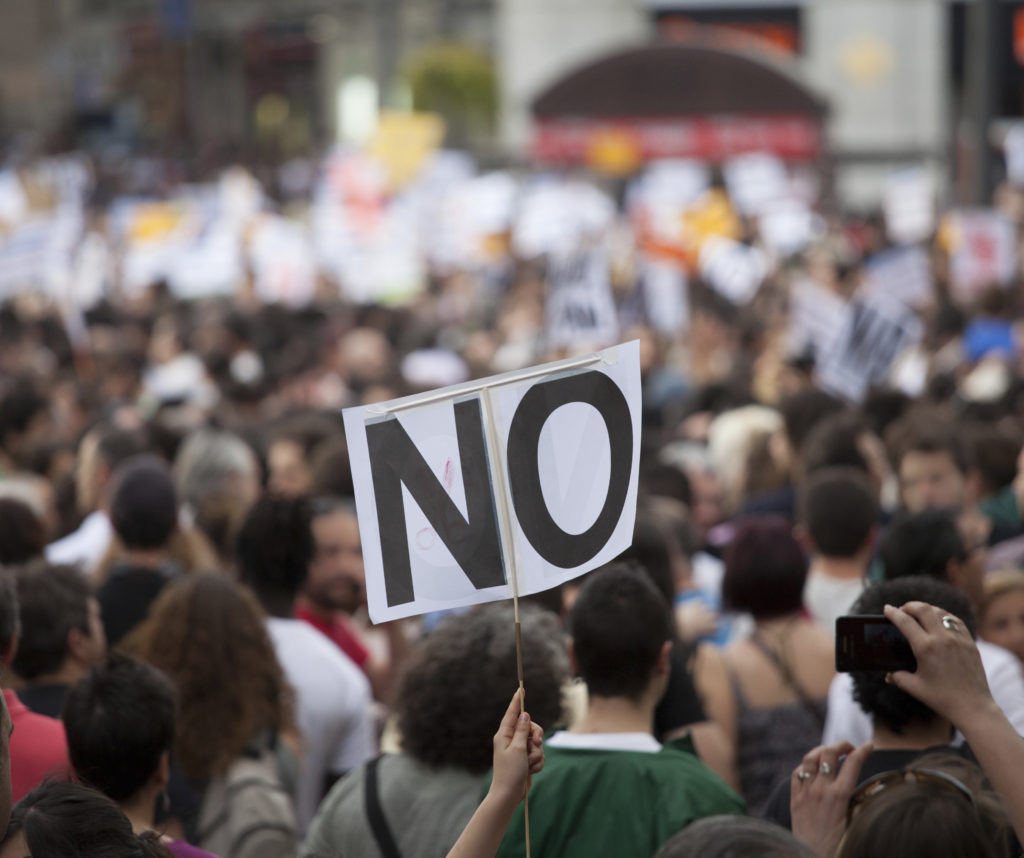
Photo: ©Eric Crama
Bread, Freedom, Social Justice
So how come the newspapers were again full of dire warnings of a shortage of food, of more food riots and of hunger and starvation? Surely we’d sorted it?
Apparently not. The new food crisis hit the Arab countries particularly hard. People were out on the streets, demanding Bread, Freedom, Social Justice. The food shortages triggered the Arab spring.
I took a look at some of the reports that had been written. They had been commissioned by the various international organisations in and around the United Nations. We pay these organisations to spare us from food crises and to keep famine away from the kitchen table.
The reports were many and they were voluminous. There was no shortage of words, that was for sure. The reports proposed more investment in farming, more international trade, more aid for developing countries, more market efficiency. I was not convinced. These had all been proposed before. There seemed to be a lack of credible answers. Surely, if a country wishes to avoid food shortages, it should have a reserve of food. To me that seemed like common sense. It wasn’t too far from what people of the world have been doing since time immemorial – keeping some extra food in the larder or in the freezer, just in case. A bit in reserve for a rainy day …
How do we prevent future food shortages?
I left my job as a civil servant in the European Union to explore whether what appealed to my intuition would make sense in the real world. In the case of China, it seemed to. The Chinese famines of the 1950s had been catastrophic, wiping out millions of families. But famine no longer stalks the country. One reason for this is that China has set up a food reserve to deal with years of poor harvest. The same with India. The banishment of famine is necessary if a country is to be in a position to make progress. China and India were, metaphorically, on their knees when I was growing up as a child. Fifty years later, they are global forces to be reckoned with.
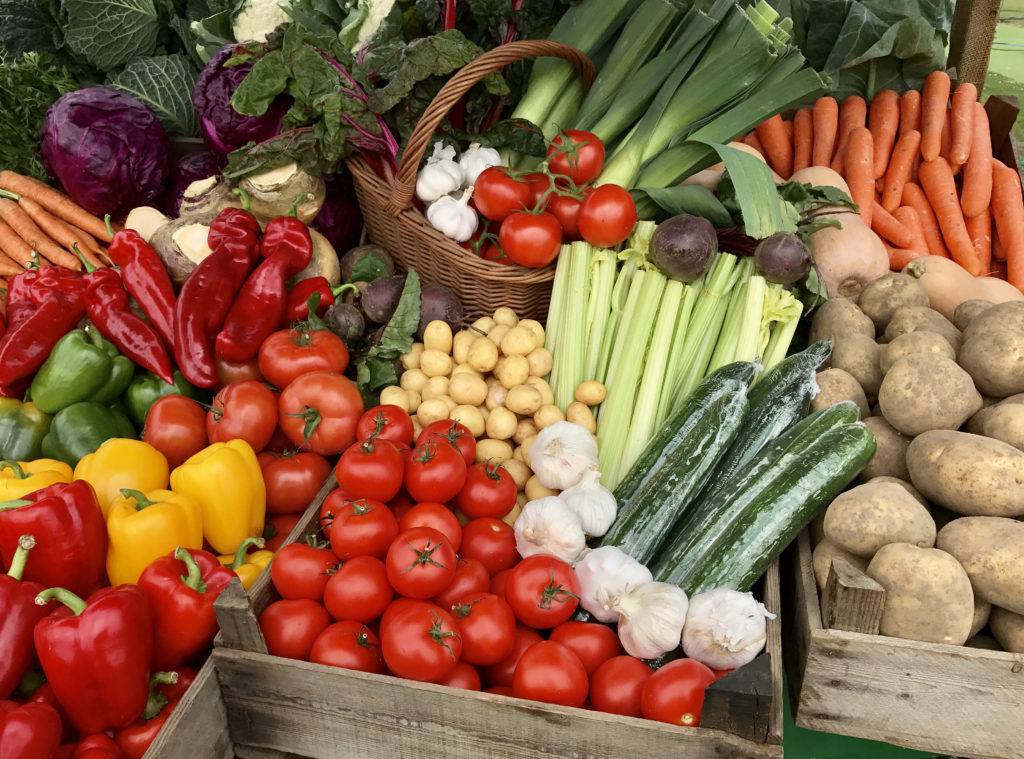
Photo: iStock
The whole issue of ‘too little food’ needed looking at with a fresh eye and from first principles. Indeed, it was necessary to define what the actual problem was that everybody was trying to solve – market instability, not enough food being produced, unfair trading practices, too much reliance on imports of food, too many poor people, wrong policies. At what point on the map should one start one’s enquiry?
With the help of a professor from Newcastle University in the north of the UK, I set about putting the idea down on paper. The result is an argument that markets should not be left to their own devices. Some people will not like this argument because it challenges the conventional wisdom. But others may perhaps find that commonsense still has a place in the complicated world in which we are all trying to survive. And to survive, we all need to eat.
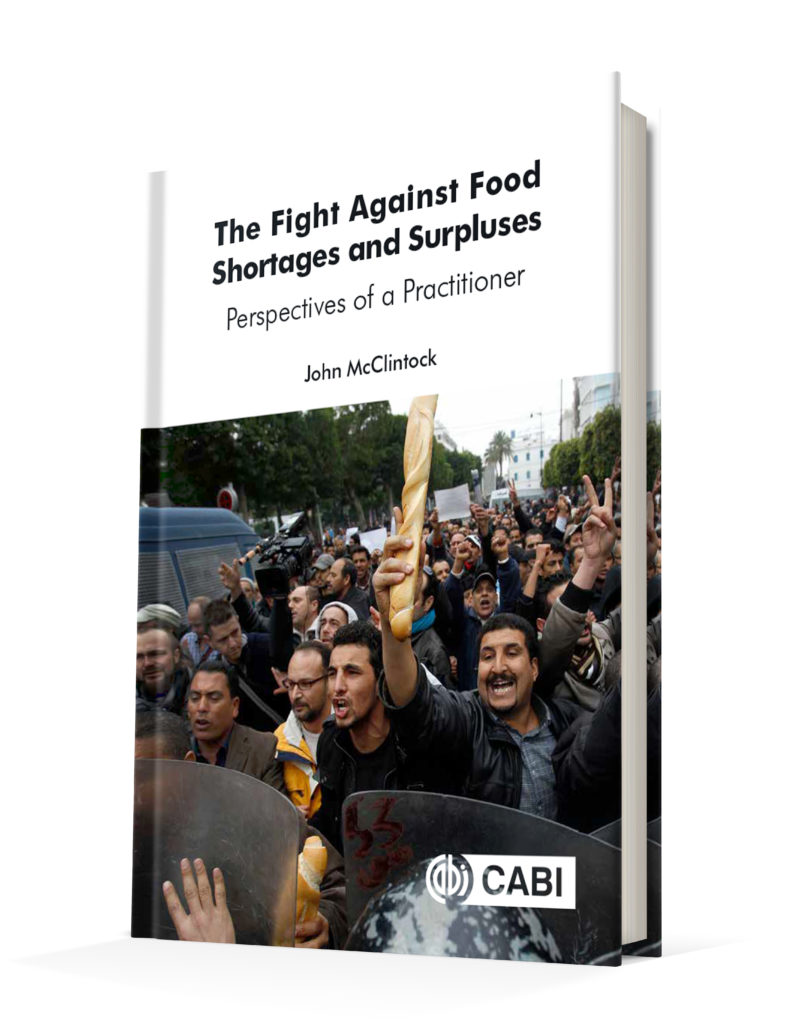
The Fight Against Food Shortages and Surpluses, by John McClintock, will be available on the CABI Bookshop in October.
Read more CABI Blog posts on food and nutrition security
1 Comment
Leave a Reply
Related News & Blogs
On Earth Day, we take a look at climate change and agriculture
Climate change poses a threat to the livelihoods of smallholder farmers, exacerbating existing risks like extreme weather and the migration of crop pests and diseases that threaten food security. Already, the climate crisis is accelerating biodiversity…
22 April 2024


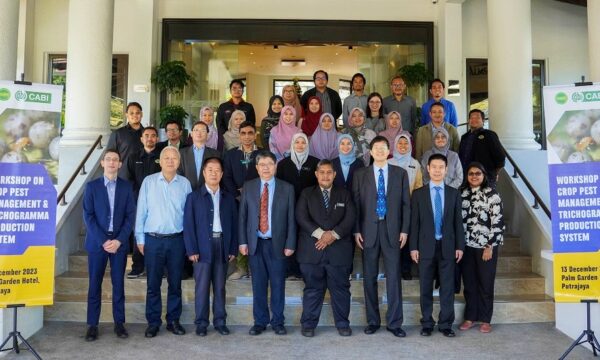
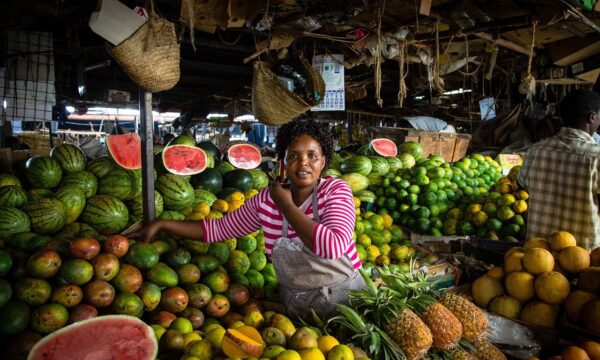
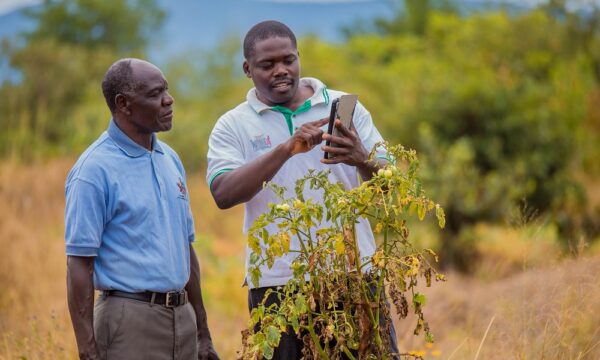
Will there food shortages in 2020